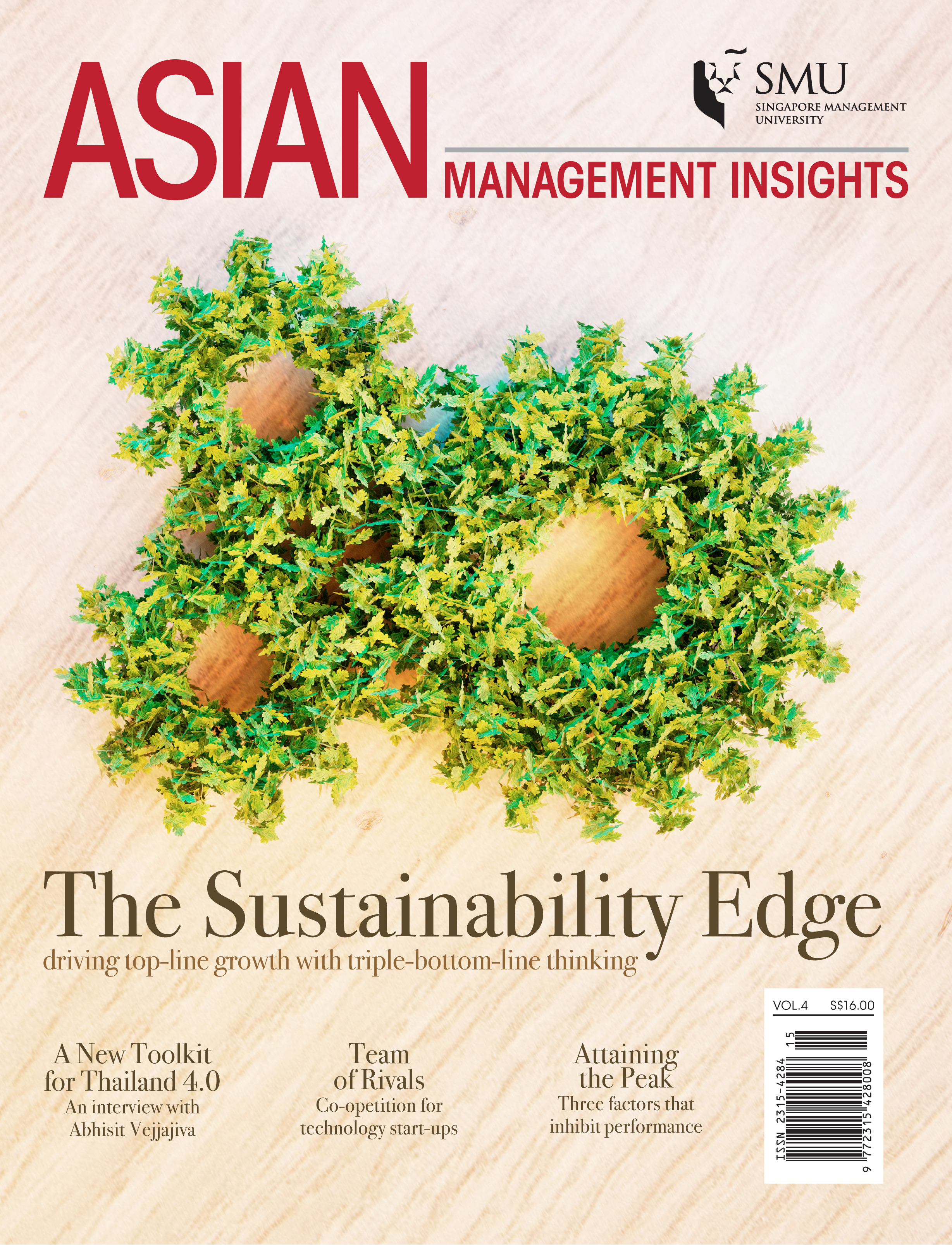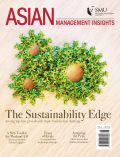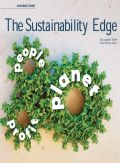
Latest
Volume 04 Issue 2
Published on
Once upon a time, liberty was the ‘desired end result’ of constant vigilance. But in our fluid era of disruption, even this noble sentiment has been upended. Harvard Business School’s Ben Esty, for example, has noted the only solution to the pace of innovation and the potential for disruption that now threatens virtually all companies, is constant vigilance; “to recognise the threats and a willingness to respond even if it is costly to do so”. It is now 30 years ago since the concept of disruptive innovation was introduced to the business world, and its tentacles have spread.

Once upon a time, liberty was the ‘desired end result’ of constant vigilance. But in our fluid era of disruption, even this noble sentiment has been upended. Harvard Business School’s Ben Esty, for example, has noted the only solution to the pace of innovation and the potential for disruption that now threatens virtually all companies, is constant vigilance; “to recognise the threats and a willingness to respond even if it is costly to do so”. It is now 30 years ago since the concept of disruptive innovation was introduced to the business world, and its tentacles have spread.
Thailand 4.0 will need a new toolkit, if it is to transition out of being a middle-income country.

As technology and capital become abundantly available, the use of resources in this region will accelerate, and naturally raise environmental concerns for Asia.
Ayala Group created a bank, BPI Globe BanKo, which went on to disrupt the Philippines’ traditional banking system.
Unique challenges faced by ASEAN countries and their equally unique solutions.
In his novel, Memoirs of a Geisha, Arthur Golden wrote, “Water can carve its way even through stone. And when trapped, water makes a new path.” Something similar seems to be happening with the flow of funds in ASEAN.
Observations on the US economy in the 1930s and the Chicago Plan, the then-radical idea of sustainable debt and its modern relevance.
Meaningful value is derived when a company is an active participant in shaping the environment to its own strategic advantage.
In East Asia, the quintessential roadmap for progressing from third world to first, and its approach towards development, has yet to catapult would-be tigers in other emerging markets to the same levels of prosperity.
It is not an easy task for middle management to be prepared for today’s challenges.
As mobile phones and other electronic gadgets become more affordable, with its large populations, Asia now generates the most waste.
To increase performance, individuals and teams need to experience the ‘discomfort of adaptation’—as opposed to the ‘comfort of learning’.
The reach and quality of regional healthcare remains a considerable challenge.
A discussion on studies that reveal those on part-time work arrangements are voluntarily working either longer hours or more intensively.